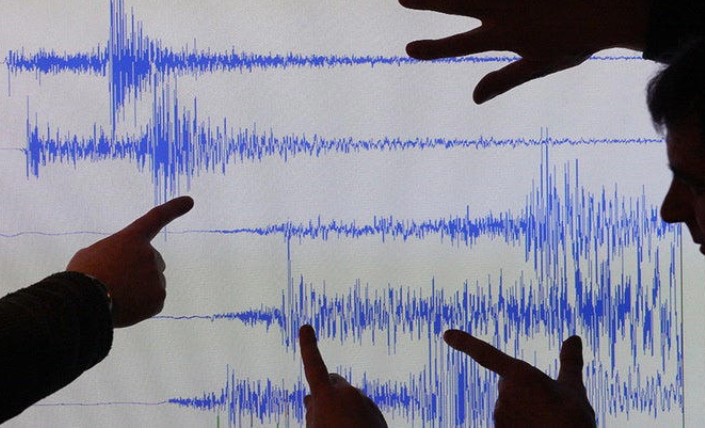Earthquake in UK as residents report houses shaking and loud rumbling

The British Geological Society (BGS) confirmed that the 2.6 magnitude quake occurred in Bicknacre, southeast of Chelsmford, at a depth of around 9km. Tremors were reported by communities across Runwell, South Woodham Ferrers and Bicknacre.
One resident told the BGS that the event “was like an underground train going under our bungalow”, with others describing that it “felt like a piece of large furniture had fallen over”.
Four miles south of the epicentre, Darren Draper felt the earthquake in South Woodham Ferrers. “Just after 05:00 there was a very loud bang – but I didn’t really feel any earth shaking or anything”, Mr Draper told BBC Essex.
“My son shot out of bed as well and we were just looking at one another, going ‘what was that?’ – I thought we were getting broken into.”
Elsewhere, a resident told Essex Live that it sounded like “fighter jets rumbling across the sky”.
Each year, the BGS detects between 200 and 300 earthquakes across the UK. The majority are only recorded by highly sensitive instruments, but between 20 to 30 are felt. Most are very small, causing no damage.
In mapping earthquake activity, the BGS finds that earthquakes are almost completely absent from eastern Scotland and northeast England.
The driving forces behind earthquake activity in the UK are unclear. Scientists suspect that they include regional compression caused by the motion of the Earth’s tectonic plates and the uplift resulting from the melting of the ice sheets that covered the UK thousands of years ago.
Research suggests that the largest possible earthquake in the UK rests at around magnitude 6.5, with a magnitude 4 earthquake occurring here roughly every two years. A magnitude 5 quake is experienced every 10 to 20 years.
The largest known UK earthquake occurred near the Dogger Bank in 1931, measuring 6.1. Though it was 60 miles offshore, it was powerful enough to cause minor damage to buildings across the east coast of England.







